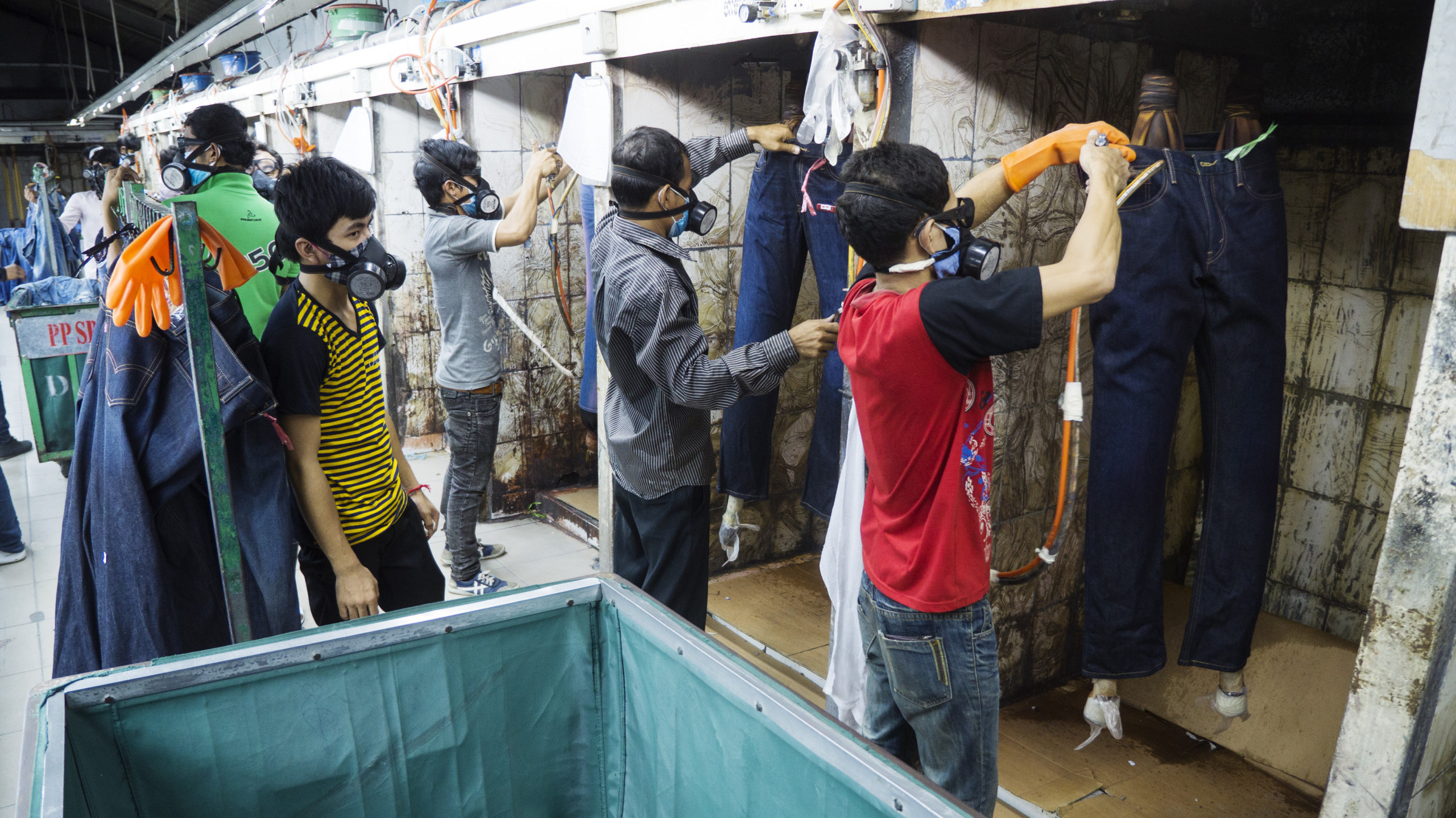Workers' rights under pressure across the globe
The international trade union organization's (ITUC) new annual Global Rights Index on workers' rights in 151 countries has been released. This 12th edition shows the worst results since measurements began. Current global developments make it difficult to stand up for workers' rights.
The number of workers who had limited or no access to justice increased to 72% (from 65% in 2024). Rights to freedom of expression and organization were also violated in 45% of countries worldwide, a record high since measurements began in 2014.
Despite the continued pressure on workers' rights, unions around the world remain committed to fair, decent working conditions and workers' freedoms to collectively advocate for their interests. However, these results overwhelmingly demonstrate the need for CNV International's commitment to supporting local partner organizations in their efforts to improve working conditions. Workers must continue to have the opportunity to organize, to collectively advocate for their interests and to be represented by independent, democratic unions.

Every company can make a difference here, but especially companies with trade chains from producing countries can be key. Specifically, this involves including the right to trade union freedom in their HRDD policies. Unfortunately, many companies are not yet using their influence sufficiently.
All the more important is HRDD legislation and regulations, such as the European CSDD, to create a level playing field for companies worldwide. International trade brings many benefits to our country and offers Dutch entrepreneurs the opportunity to contribute to increasing prosperity in other parts of the world. Companies can do this by talking to suppliers about the importance of trade union freedom or by supporting impact projects. Our Fair Impact Programme provides more information about this.

The current state of workers' rights
The right to strike was violated in 87% of countries, and legal registration of unions was limited in 74% of countries. Workers, especially union members, were arrested in 47% of countries worldwide while standing up for workers' rights, and even killed in a few, including in South Africa, Colombia, Guatemala and Peru.
Working conditions are also deteriorating within Europe. In more than half of European countries, access to fair legal protection was limited or even denied. In addition, the right to protest was violated in nearly three-fourths of European countries.
Effects of union work
The ITUC's index shows that around the world it is still dangerous to be a union member, and has even had deadly consequences in some countries. In August 2024, two union leaders were murdered in Peru after receiving threats because of their union activities. In Guatemala, three union leaders were killed last year. In both countries, violence against trade unionists is a recurring pattern, and usually government action fails to materialize.
There is also a global trend of regimes obstructing union activities. In Niger, the trade union movement has been under attack since the military authorities had taken over the country. For example, there is no longer a right to independent, fair representation for workers after a list was published of unions that still stood a chance of receiving government subsidies, a decision that strains the independence of unions.
Victory in Indonesia
Trade union freedom and workers' rights are also under pressure in Indonesia due to the controversial Job Creation Law (also known as the Omnibus Law).
In 2024, unions in Indonesia celebrated a milestone: the law was partially nullified and will now be revised. After a lawsuit filed by unions KSPI and KSBSI and years of campaigning by workers and unions, the law was declared unconstitutional by the court and the government must draft new labor legislation. The hope is that this amended legislation will contribute to improved working conditions in Indonesia.
Publication date 19 06 2025


